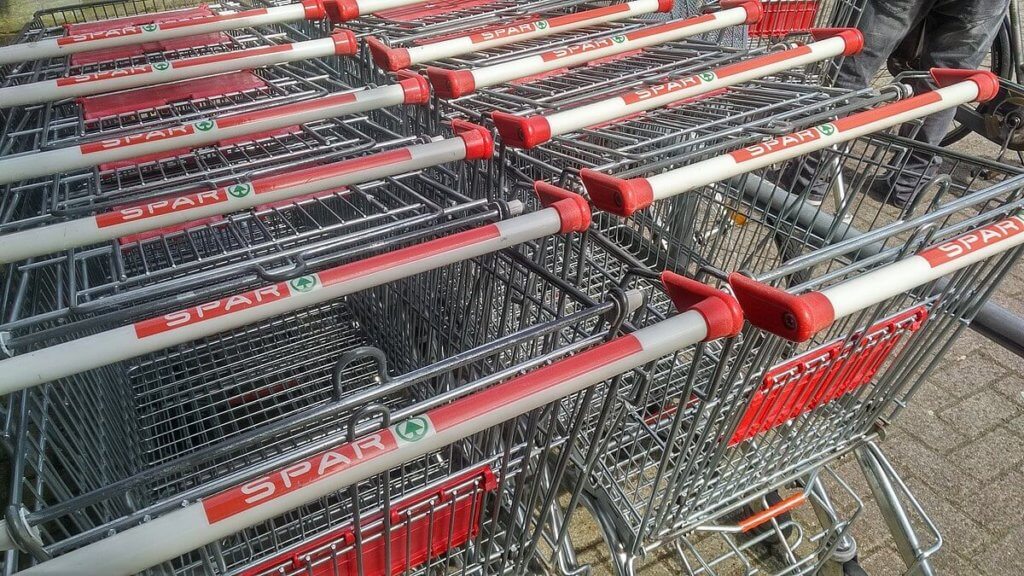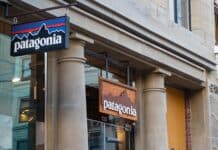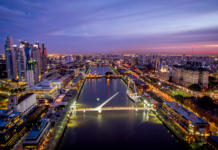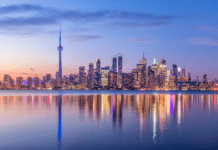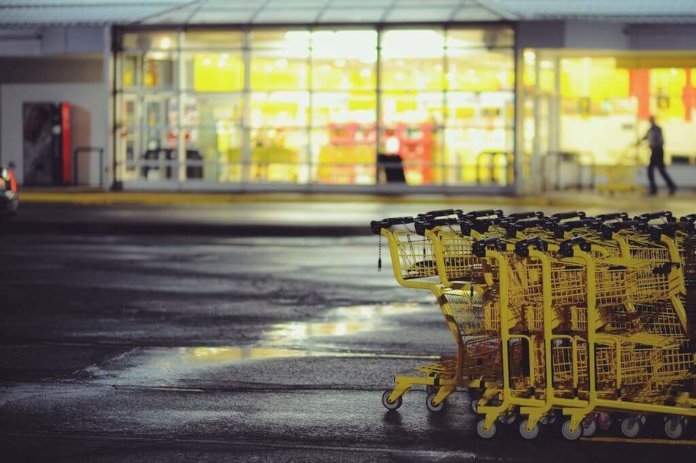
Benefitting from a strengthening economy, supermarkets have enjoyed steady growth over the past five years. The increase in disposable income globally has shifted many consumers to premium, organic and all-natural brands, a trend that has helped lift the industry’s revenue. Currently, the top three operators account for over 30 per cent of the total revenue in 2018. The remaining share of the industry’s market mainly consists of small and medium-sized operators in local regions.
The recent rise in revenue means more companies are entering a sector that is already one of the most fragmented, which also intensifies competition. The next five years could see large-scale traditional supermarkets and grocery chains struggle to maintain an advantage over the growing field of alternative retailers. Many of the world’s largest supermarket chains are looking to technological innovation to maintain their competitive edge, and some of the very largest remain family controlled today.
We have compiled a list of the top 10 supermarket chains based on the number of locations.
10. Penny Market
Country: Germany
Locations: 3,580
Number of Employees: 48,000
Created in 1973 by Leibbrand Gruppe, the German discount supermarket chain was acquired by the Rewe Group in 1989. Headquartered in Cologne, Penny (Penny Market internationally) is one of Europe’s leading discount retailers, with locations in Austria, Italy, Romania, Czech Republic, Bulgaria and Hungary.
Penny Market’s 2017 revenue totalled $13.9 billion.
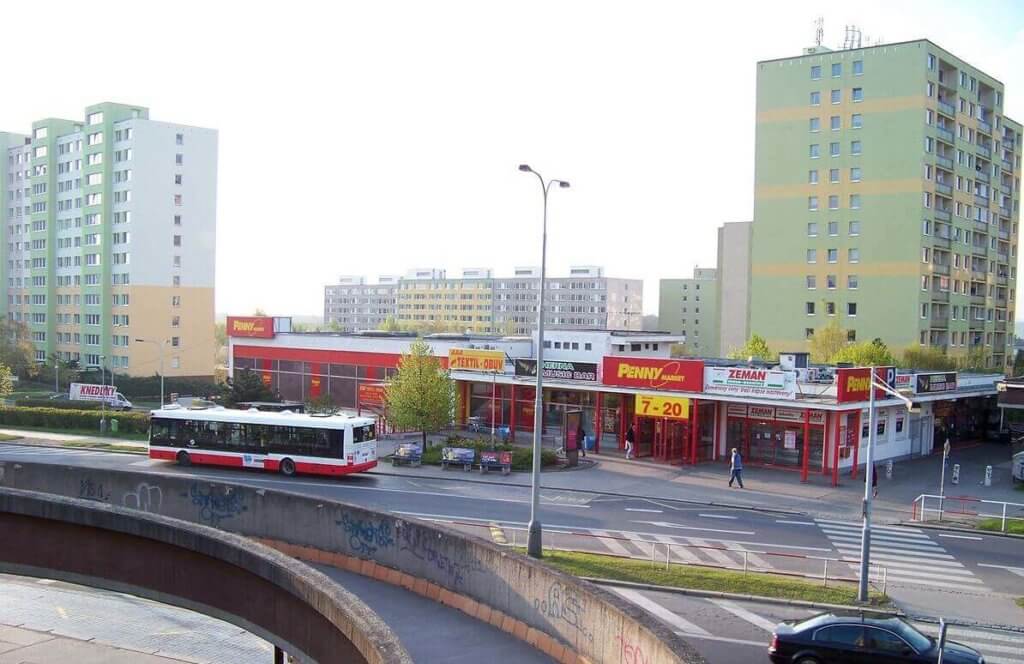
9. CBA
Country: Hungary
Locations: 5,200
Number of Employees: 30,000
Founded by László Baldauf in 1992, CBA began with 10 private investors acquiring 17 grocery stores in Hungary. Today, CBA operates locations in Bulgaria, Lithuania, Czech Republic, Croatia, Hungary, Poland, Romania, Serbia and Slovakia.
The chain remained family-controlled until 2017, when Baldauf laid the groundwork for his departure by selling operating rights to seven CBA locations to competing supermarket chain Lidl. In 2018, Baldauf announced that he would sell his remaining stake of the company to six other owners, solidifying his retirement after 26 years as CBA’s head.
CBA is headquartered in Alsónémedi and began franchising locations in 2005.
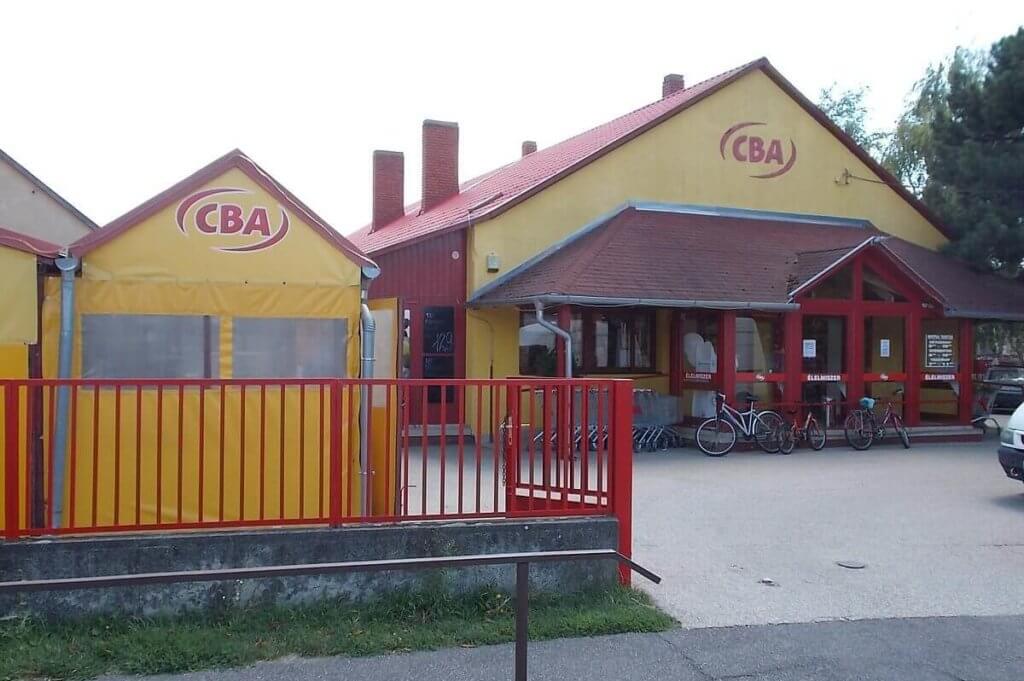
8. BIM (Birlesik Magazalar)
Country: Turkey
Locations: 6,122
Number of Employees: 41,993
Headquartered in Istanbul, BIM operates a chain of retail stores offering food items and consumer goods. The company was founded in 1995 and currently has locations in Turkey, Morocco and Egypt.
BIM is Turkey’s leading chain of discount grocery retailers and enjoys the largest individual market share of 6.7 per cent. The company recorded a 2017 revenue of $4 billion and 4.1 million daily customer visits, up 23.5 per cent from the previous year.
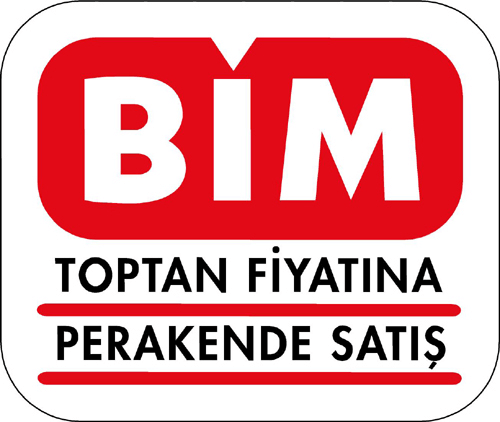
7. Ahold Delhaize
Country: Netherlands
Locations: 6,637
Number of Employees: 370,000
In 1867, the Delhaize brothers opened their family-run wholesale grocery business in Belgium. Twenty years later, in the Netherlands, Albert Heijn and his wife opened a small grocery store in Oostzaan that would be the roots of Ahold. They adopted the slogan, “Cheap enough for the man on the street and good enough for the millionaire”.
After almost 150 years in the business, the two companies merged in 2016 to form Ahold Delhaize, one of the largest supermarket chains in the world, serving more than 50 million shoppers weekly in the United States, Europe and Indonesia.
Ahold Delhaize operates in a total of 11 countries, with 10 different store formats and online sales totalling $2.67 billion. The company reported 2017 revenue of $70.9 billion.

6. Tesco
Country: United Kingdom
Locations: 6,800
Number of Employees: 445,311
In 1919, Jack Cohen began selling surplus groceries in the East End of London. He later teamed up with supplier T.E. Stockwell to offer their own brand of tea, “Tesco” (an amalgamation of their names). By 1929, the first Tesco store had opened, offering dry goods in north London. There would be over 25 years of expansion until the first Tesco supermarket opened in 1958.
Today, Tesco operates supermarkets in 13 countries, in addition to banking and petrol services. Tesco serves over 500,000 customers each week with its online business and a reported revenue of $75.4 billion in 2017.
Tesco opened the world’s first zero-carbon supermarket in Ramsey, Cambridgeshire in 2010, as part of the company’s commitment to becoming a zero-carbon business by 2050.
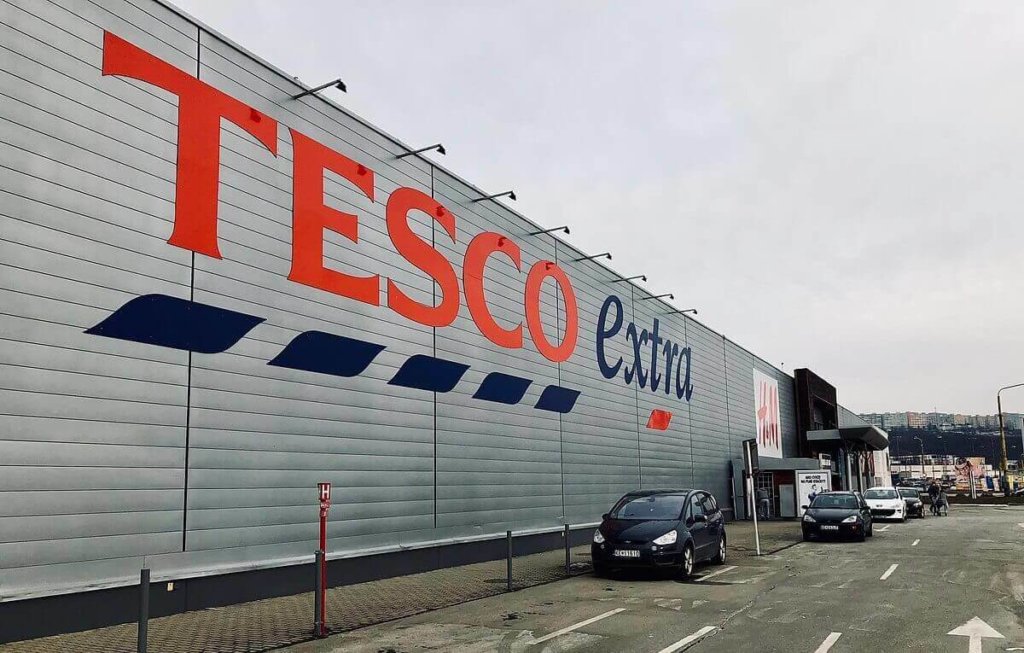
5. Lidl
Country: Germany
Locations: 10,000
Number of Employees: 315,000
In 1973, the first modern Lidl grocery store opened in Ludwigshafen, about 25 miles south of Frankfurt. A staff of three offered approximately 500 products. Expansion during the 90s saw branches outside of Germany and eventually all across Europe. By the 2000s, Lidl had established itself as a leading retailer in the UK.
With their recent expansion into the United States in 2017, Lidl now operates in 27 countries, with revenue of $28.2 billion. Around 90 per cent of the products Lidl offers in its supermarkets are of their own private label brands.
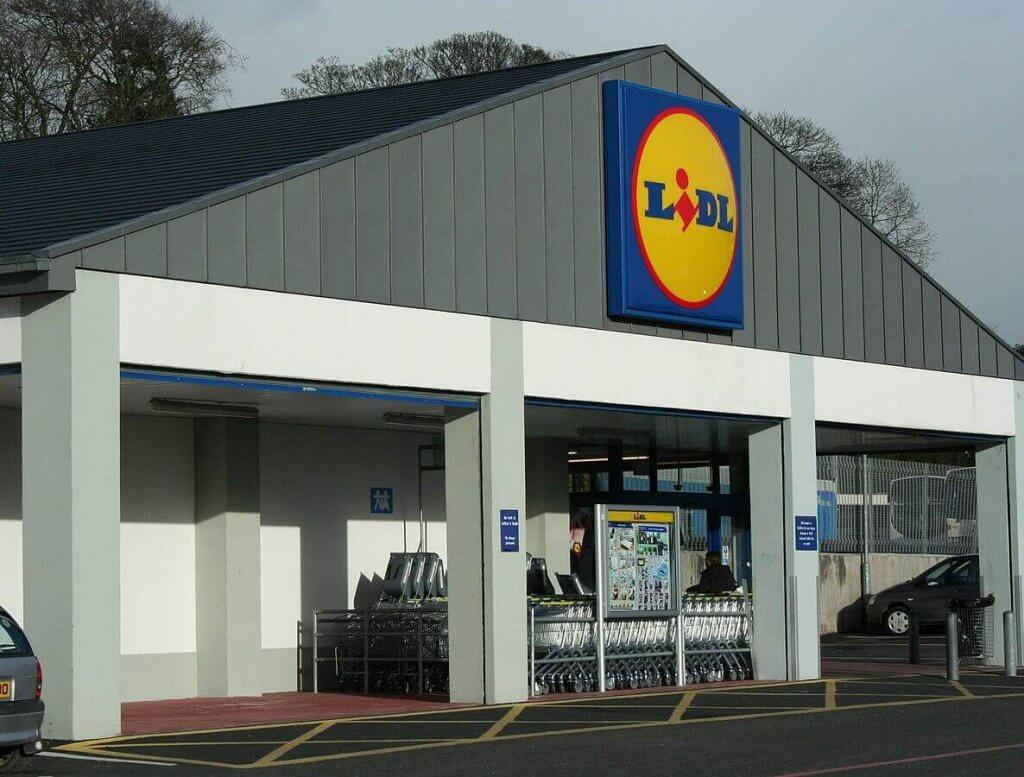
4. Carrefour
Country: France
Locations: 10,103
Number of Employees: 378,923
Headquartered in Boulogne-Billancourt, the Carrefour supermarket company was established by the Fournier, Badin and Defforey families in 1959. Carrefour (crossroads) became the largest retailer in Europe after a merger with the Promodès retail group in 1999. Paul-Louis Halley had founded and run Promodès until his death in 2003. The Halley family later divested their controlling share of the business in 2008.
Today, Carrefour operates stores in 30 countries and is largely credited with innovating the concept of the “hypermarket” (known as a Superstore in North America) in 1969. The company ranks 68 on the Fortune Global 500 list, with 2017 revenue of $91.2 billion.
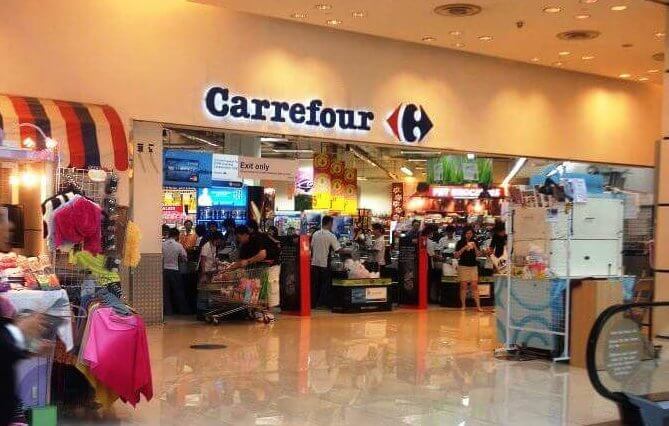
3. ALDI
Country: Germany
Locations: 10,366
Number of Employees: 162,579
The discount supermarket chain was founded by brothers Karl and Theo Albrecht in 1946 after they took over their mother’s store, which had been operating since 1919. The company split into two parts in 1960, later named ALDI Nord and ALDI Süd. The company began expanding internationally in 1967 with the acquisition of Austrian grocery chain Hofer. ALDI Nord would continue growth into the Netherlands in 1973.
Now with locations in 20 countries, ALDI boasts 40 million customer visits monthly, 90 per cent of their products exclusive ALDI brands and 2017 revenue of $34.8 billion. Well-known American supermarket chain Trader Joe’s operates as a subsidiary of ALDI Nord.
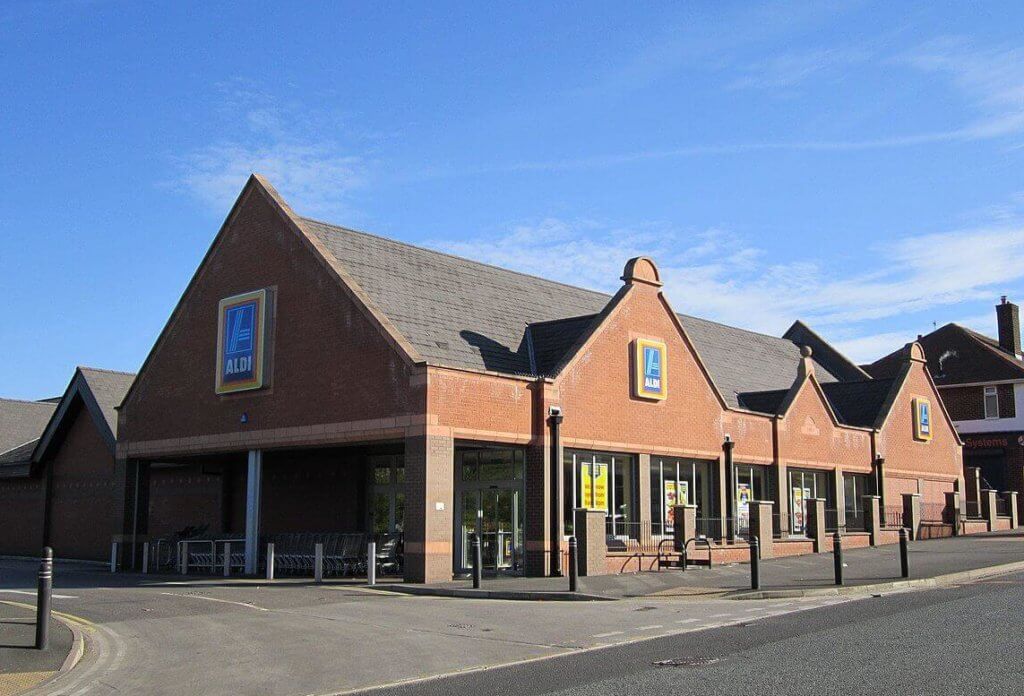
2. Walmart
Country: United States
Locations: 11,088
Number of Employees: 2,300,000
Ranked the largest company in the world based on revenue, Walmart began its operations in 1962, when Sam Walton opened the first store in Rogers, Arkansas. Expansion followed, and after 24 more locations, the company incorporated in 1969 as Wal-Mart Stores, Inc.
Walmart became publicly traded in 1970, with its stock selling at $16.50 per share. In 1988, the first Sam’s supercentre would open in Missouri, and the company would go global in 1991 through a joint venture with Mexican retail company Cifra. Today, Walmart operates in 27 countries.
Walmart remains family-controlled, with Sam Walmart’s three children the largest shareholders. Walmart reported 2017 revenue of $500.3 billion under 55 different banners including its eCommerce business, which operates websites in 10 countries.
In 2018, the company changed its name to Walmart Inc.
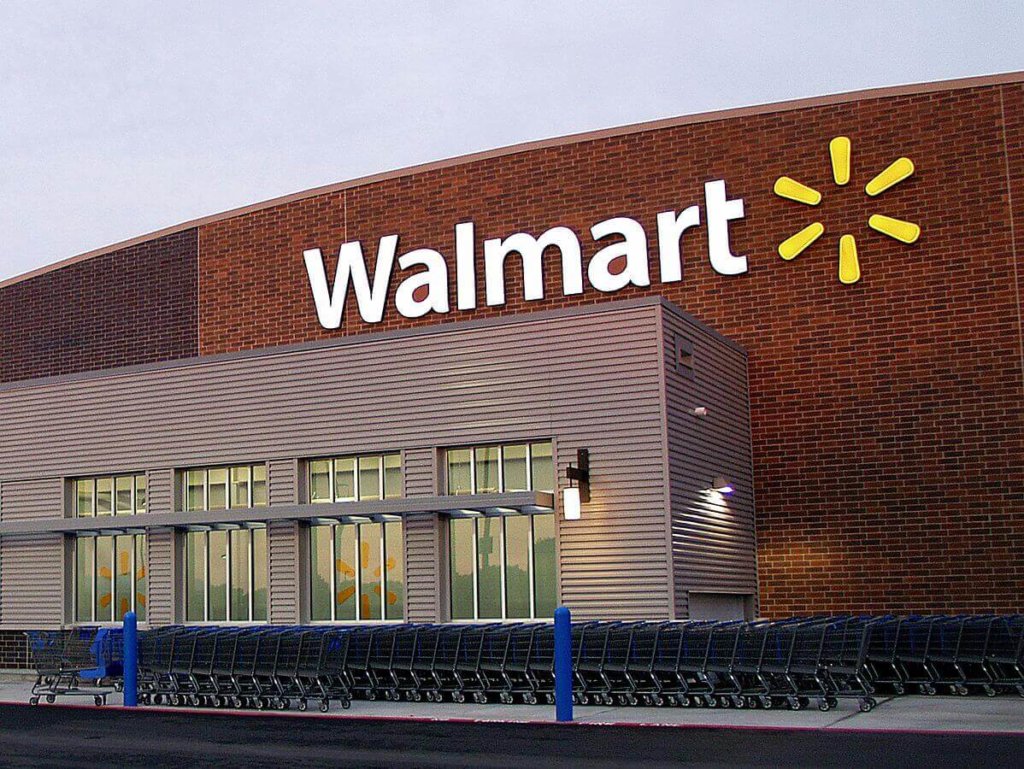
1. SPAR
Country: Netherlands
Locations: 12,777
Number of Employees: 350,000
Adriaan van Well launched the first SPAR store in the Netherlands as DESPAR in 1932. DESPAR was an acronym for a slogan that van Well had created: Door Eendrachtig Samenwerken Profiteren Allen Regelmatig(all benefit from joint co-operation). In 1947, the company expanded internationally into Belgium through a group of wholesalers, eventually leading to the establishment of SPAR International in 1953. The next several decades saw SPAR expand into numerous international marketplaces over the world, including Russia, China, India, Africa, Asia, Central and Eastern Europe and the Middle East.
Headquartered in Amsterdam, SPAR is the world’s largest supermarket chain based on the number of locations, with 12,777 serving 13.5 million customers a day in 48 countries. The company’s 2017 revenue totalled $40 billion.
